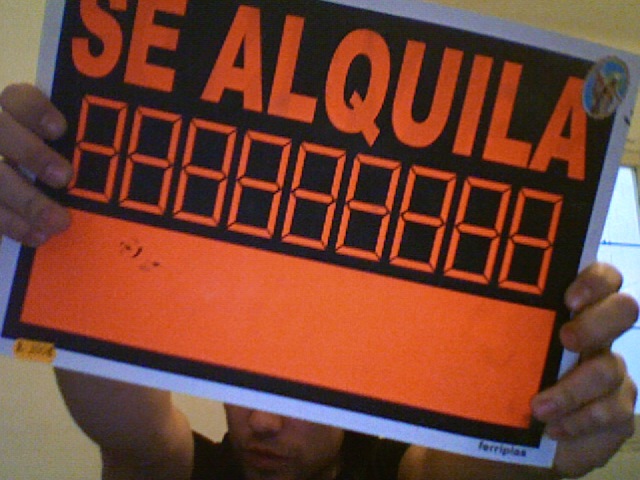THE Spanish Organisation of Consumers and Users (OCU) is warning holidaymakers to be careful when renting an apartment for the summer in order to avoid falling prey to fraud.
Common tricks used by conmen include posting adverts for inexistent properties and pocketing the deposit, phishing – posing as companies or official government bodies to obtain personal information – and offering accommodation that is in much worse condition than advertised.
If any money has been handed over for a non-existent property and the company does not offer customers the chance to reclaim, victims are urged to report the case to the police or the Guardia Civil cybercrime department.
When the conditions of an apartment are not as agreed, the client is entitled to make a reclamation either to the owner – if rented directly with no intermediaries – or to the internet platform or agency.
In the second case, photographs and proof of the conditions stated in the offer must be included.
According to the OCU, these types of fraud have shot up since last summer due to a rise in the number of holidaymakers choosing to rent apartments and chalets instead of staying at hotels, in order to reduce social interaction due to COVID.
Regional governments throughout Spain are keen to clamp down on any illicit activity that could damage the area’s tourism trade, therefore any wrongdoing should also be reported to the Tourism authorities of the respective autonomous community.
Most online booking platforms have a section dedicated to compiling complaints and reclamations in order to weed out any problems.
One of the worst cons in the Valencia region took place in Castellon Province in 2019, when the Guardia Civil in Oropesa del Mar arrested a man for fraud, document forgery and identity theft after pocketing more than €23,000 through fake apartment rental adverts.

The OCU has posted this list of 10 suggestions to beat the scammers:
1) Compare prices and conditions on different websites. Lower prices are usually linked to less flexibility and stricter conditions, so in these situations the OCU advises taking out cancellation insurance and warns against offers that seem too good to be true and adverts without photographs of the property.
2) Sometimes the photos do not reflect the true state of the property. Where possible, clients are advised to visit the house in person, or if this is not possible, to request a detailed photographic report from the landlord or landlady, or from the agency. OCU recommends obtaining in-depth information about the location and surroundings, as well as the state of repair of all furniture and appliances.
3) Request that the bill is clearly split into each item, such as rental, commission for the platform where applicable, cleaning services, deposit, guarantee…
4) Read other users’ comments. Although the OCU warns that these cannot be blindly believed all the time, as comments can be manipulated in favour or against, leafing through can sometimes provide useful information.
5) Check whether you are renting directly from the owner or from an intermediary. This detail is key when it comes to a possible reclamation, as deals done through middlemen are protected by one set of regulations and direct lets from owners have a different classification.
6) Always negotiate the price and conditions. When an agreement is reached, get it in writing and sign a contract. An online reservation has the same legal validity as a physical one.
7) Before signing, make sure to clarify any questions or doubts you may have regarding dates, price, conditions, cancellation, special needs, location, facilities, etc.
8) Confirm the method of payment, delivery of the keys, personal contact who will welcome you upon arrival and deal with any problems during your stay, ask for an emergency telephone number on case of any issues such as leaks or breakdowns, and always pay through a method suggested by the platform and which leaves a trail – card, bank transfer or Paypal, preferably.
9) Keep copies of everything, including payment slips of the reservation and deposit. Pay the lowest amount possible and try not to pay the remaining amount until arrival.
10) If the landlord or lady asks for a deposit to cover any possible damages, request the exact conditions of application and refund. Ask for a full inventory of furniture and appliances included in the deposit and their exact conditions upon entering, and make sure to check them before signing.
Click here to read more Property News from The Olive Press.








